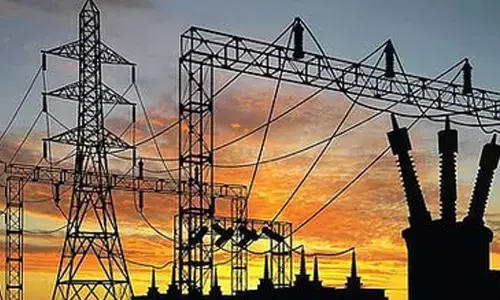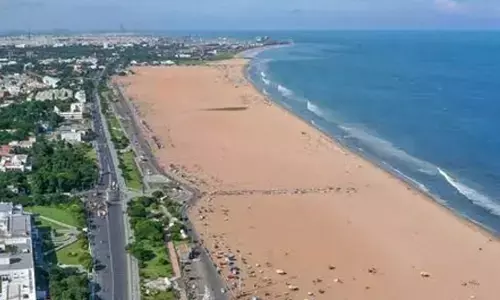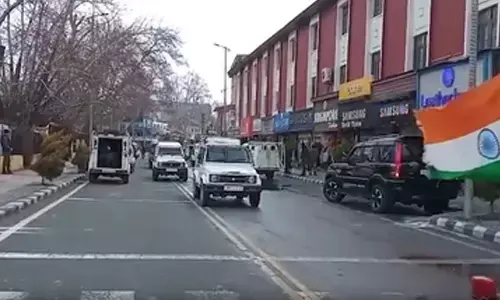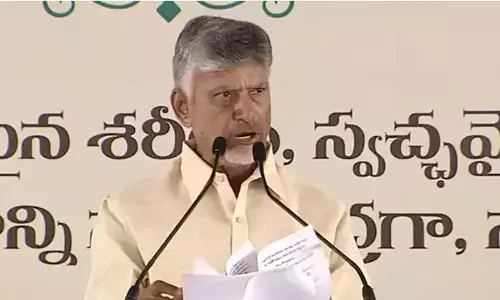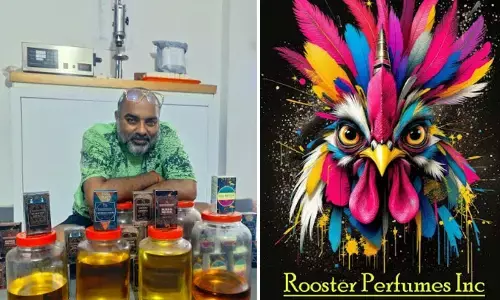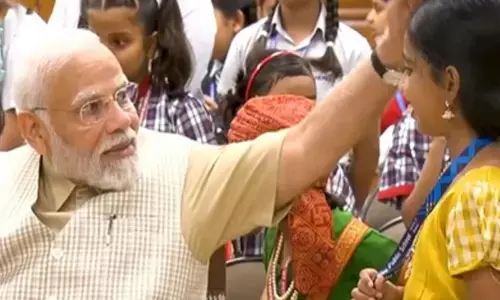Very few single screen theatres survive onslaught of multiplexes
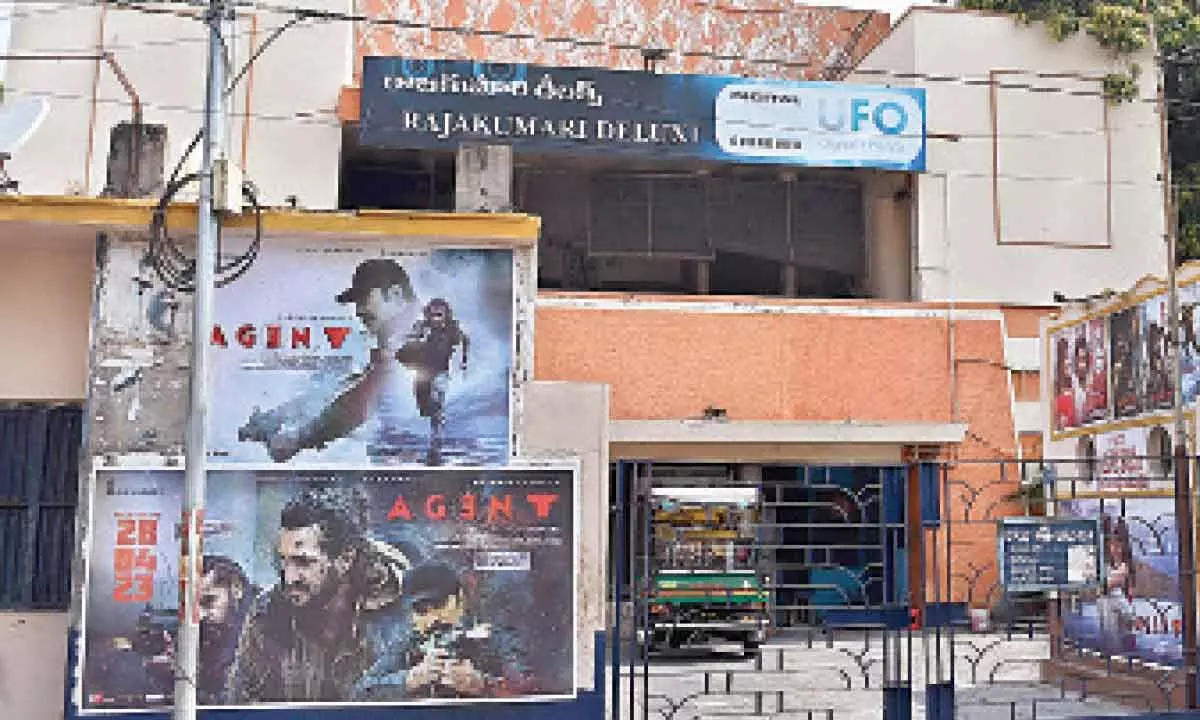
With the advent of multiplexes with multiple screens and modern amenities including shopping arcade, food courts, SPAs and other attractions, the single screen theatres have been facing innumerable challenges in order to survive. A few theatres have survived across the state in the last decade.
In the case of Vijayawada very few theatres survived. The city has been the centre for the film industry since several decades with noted film distribution agencies like Navayuga, Vyjayanti and others having offices there. The city was also epicenter for printing four-poster and six-poster big wall posters at the huge printing presses.
Going down the history, Maruti Talkies was the first film theatre in the Telugu States that was constructed in Vijayawada way back in 1921 followed by Saraswati Mahal, Rajakumari, Seshmahal, Durga Kalamandiram, Srinivasa Mahal, Lakshmi Talkies, Vijaya Talkies, Rama Talkies and others. Among all these oldest theatres only two theatres—Durga Kalamandiram and Rajakumari —survived till date.
Durga Kalamandiram was one of the oldest and prestigious theatres constructed way back in 1936. Legendary Nandamuri Taraka Rama Rao popularly known as NTR has a notable connection with this theatre. Right from his first film Mana Desam and the last film Srinatha Kavi Sarvabhowmudu a number of his films were screened in this theatre in his long career in the film industry. After the owners of the theatre expressed inability to run the theatre, noted industrialist Koganti Satyanarayana popularly known as Koganti Satyam took over the ownership of the theatre. However, he promised the elite citizens of the city that he would never demolish the theatre though it has immense real estate value since it is closely connected with the great actor of all times NT Rama Rao. The theatre survived the lockdown during the Covid. In fact, Koganti Satyam bore the brunt of heavy loss. The manager of Durga Kalamandiram Visweswara Rao said that the distributors are hardly interested to release the new films in the theatre. “The show must go on with the rerun of old movies,” he said. Evidently, Chiranjeevi starrer Indra is running now.
Rajakumari is another theatre that survived the onslaught. Its owner Shaik Zubair Salman says, “We have somehow managed to tide troubles of the lockdown.” Referring to the unjust screening of new films in more than ten screens across the city, Salman says that if the number of screens is limited more people would visit the theatres. He points out that OTT has become a threat to the cinema theatres in addition to the pirated versions. In less than a week after the release, the pirated version is found on the Internet and they could see it in their home theatres or smart television sets, he remarked.
Urvasi, Rambha and Tilottama complex has become Inox Multiplex with multi-screens and Lakshmi Talkies is now Swarna Palace complex with three screens in addition to the number of shops and offices it housed.
The jewel in the crown of the Vijayawada city is Navrang theatre which came under the management of Raja Vasireddy Bhupal Prasad in 1964. Earlier, the name was Shehanshah Mahal where they used to stage playlets and dramas. The management took all precautions to preserve the theatre and its air-conditioning system. After all these years, the theatre is kept clean and maintains decorum. Maruti Talkies was demolished and a shopping complex came u in its place and so is the case with Seshmahal, Saraswati Talkies, Lakshmi Talkies, Vijaya Talkies, Leela Mahal, Vinoda Talkies which is later known as Priyadarsini. In the place of Lakshmi Talkies, a huge Swarna Complex was constructed and the new management established three screen multiplex in the complex.
The hotelier Stalin, who bought Leela Mahal, demolished the old theatre and constructed a huge office complex. However, he kept the idol of Goddess Saraswati which adorned the old theatre at the entrance of the new complex. (See the picture). Likewise, Mohandas Chitramandir and Jyothi Mahal in Patamata area were converted into Kalyana Mandapams.
Durga Mahal in Patamata and Eswar Mahal in Gandhinagar, also known as Radha Theatre, were demolished and there are no traces of the two theatres.
Srinivas Mahal in the old city has been shut down during the lockdown. A couple of youngsters Prabhakar and Krishna Mohan took the theatre on lease and started renovation work on it recently. They hope that they would revive one of the oldest theatres in the old city soon. They want to make it an air-conditioned theatre. People are skeptical of the survival of an airconditioned theatre in the predominantly labour area like Kothapet in the old city.
There are some other relatively new theatres on the other side of the city—Swati, Sairam and Sowmya—which are facing problems. The shows are abruptly cancelled when there is no audience.








